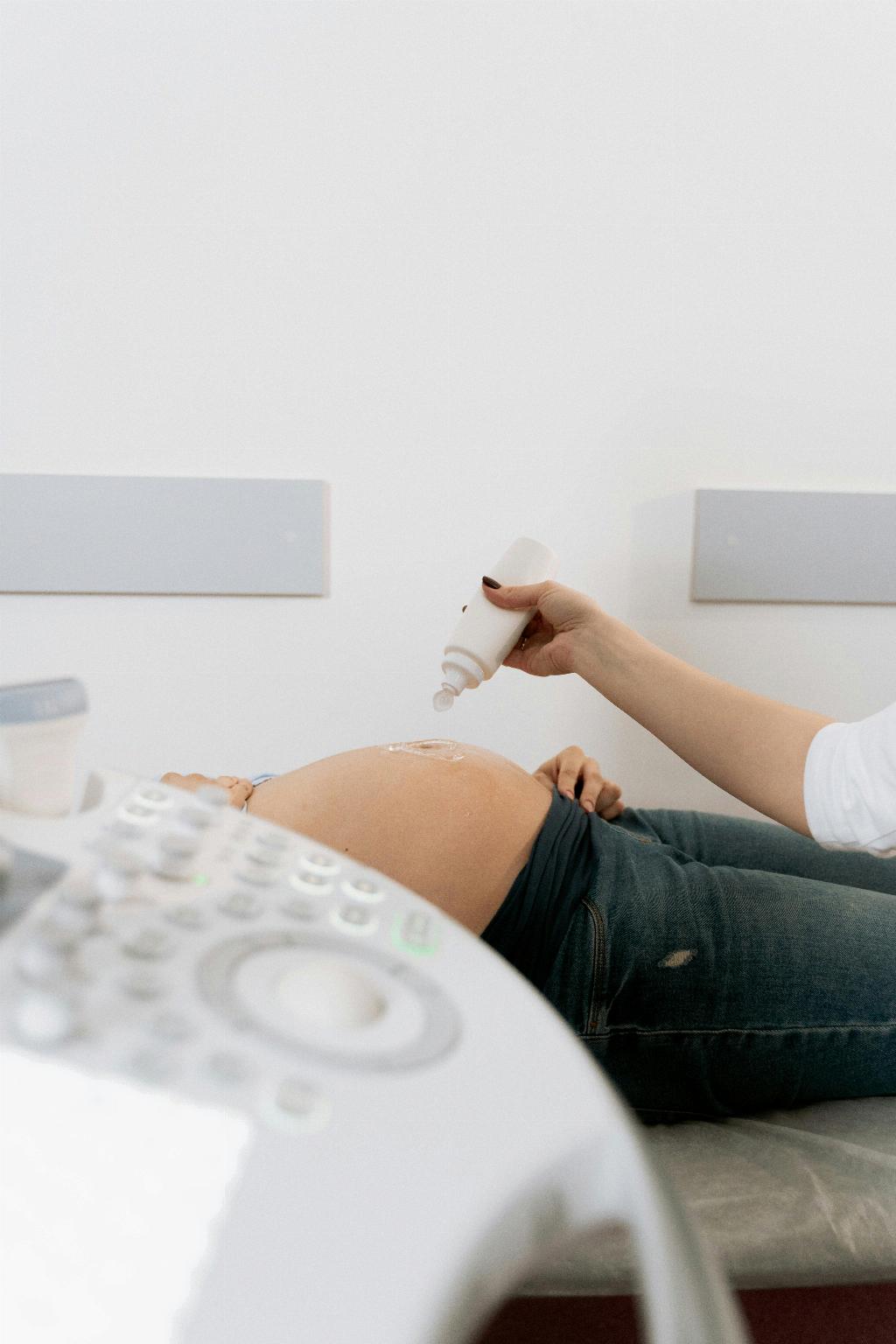When it comes to bleeding during pregnancy, it can be a source of significant concern for expectant mothers. Understanding the potential causes of bleeding in pregnancy is crucial for seeking appropriate medical care and ensuring the well-being of both the mother and the baby.
One of the primary causes of bleeding during pregnancy is early pregnancy loss, also known as a miscarriage. Early pregnancy loss refers to the unfortunate event of losing a pregnancy within the first 13 weeks of gestation. It is a heartbreaking experience that occurs in approximately 10 out of every 100 known pregnancies.
Another common cause of bleeding during pregnancy is ectopic pregnancy. In an ectopic pregnancy, the fertilized egg implants outside the uterus, often in the fallopian tube. This condition can lead to bleeding and is a serious medical concern that requires immediate attention from healthcare providers.
In addition to early pregnancy loss and ectopic pregnancy, infections can also be a contributing factor to bleeding during pregnancy. Certain infections can lead to inflammation and irritation of the cervix or uterus, resulting in vaginal bleeding. It is essential for pregnant individuals to seek prompt treatment for any suspected infections to safeguard their health and the health of their pregnancy.
Furthermore, bleeding during pregnancy can sometimes be attributed to conditions such as placental abruption or placenta previa. Placental abruption occurs when the placenta separates from the uterine wall prematurely, leading to bleeding and potential complications for both the mother and the baby. Placenta previa, on the other hand, involves the placenta partially or fully covering the cervix, which can cause bleeding and necessitate medical intervention.
It is important to note that while bleeding during pregnancy can be a worrisome symptom, not all instances of vaginal bleeding in pregnancy are indicative of a serious problem. In some cases, light spotting or bleeding can occur due to implantation, cervical changes, or other benign causes.
However, any episode of bleeding during pregnancy should be promptly reported to a healthcare provider for evaluation and appropriate management. It is vital for pregnant individuals to communicate openly with their healthcare team and seek guidance on any concerning symptoms or changes they experience during pregnancy.
Overall, understanding the main causes of bleeding during pregnancy empowers expectant mothers to take proactive steps in monitoring their health and seeking timely medical intervention when needed. By staying informed and attentive to any signs of bleeding or other complications, pregnant individuals can prioritize their well-being and the well-being of their pregnancy.

